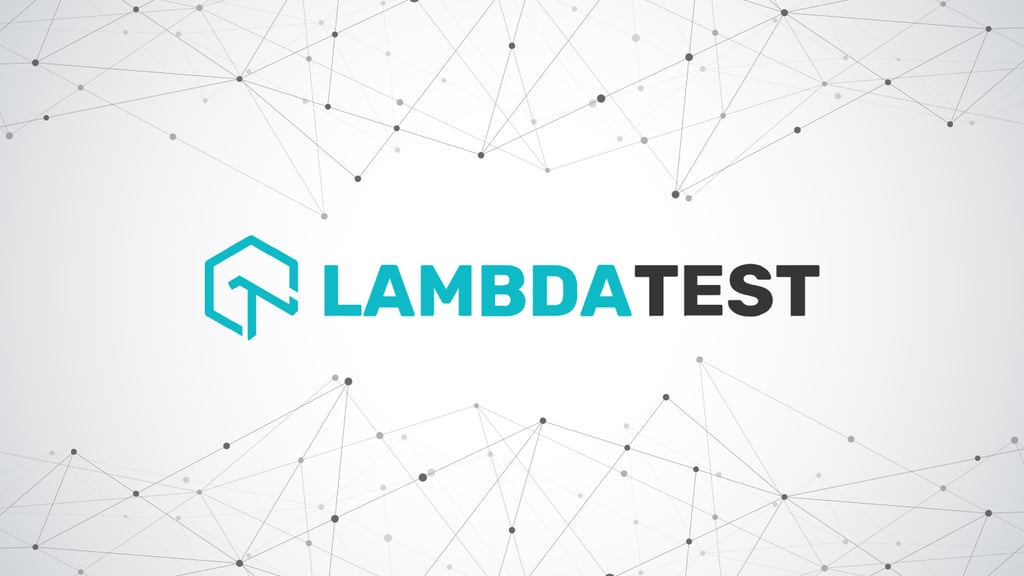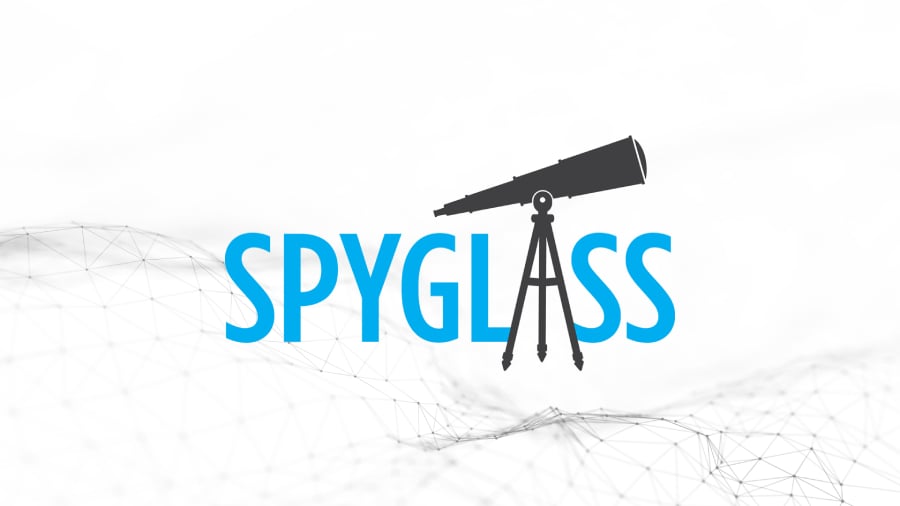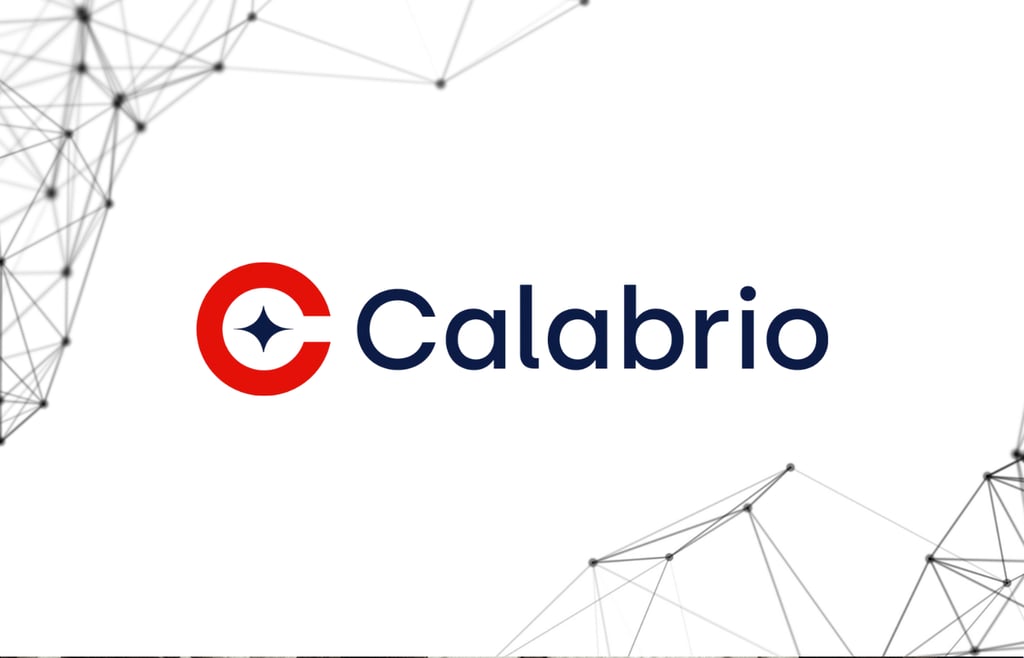When Google released its ROI of AI 2025 report, it outlined a pivotal shift: the conversation is no longer about whether to use AI, but about how much value AI and AI agents are actually delivering in terms of business impact and productivity.
This has translated into numerous AI investments, AI-focused product launches, and new workflows centered on AI across the channel. With this in mind, let’s take a closer look at Google’s AI ROI report and how AI is driving results for businesses across industries.
Google: Early AI adopters are finding success
Conducted by Google Cloud in partnership with the National Research Group, Google’s ROI report surveyed approximately 3,466 senior leaders from enterprises across the globe. Respondents included upper-level executives and C-suite leaders, ranging from CEOs to IT directors worldwide.
According to the report, 88 percent of executives at organizations that adopted agentic AI early reported a return on investment in at least one of their GenAI use cases. These leaders, the report noted, prioritized putting AI into production, advocated for deploying multiple AI agents, and secured dedicated budgets to scale—all of which led to more consistent ROI.
“Companies that were quick to adopt AI agents are seeing real returns. They’re using agents to improve customer experiences, free up employees for smarter work, and give departments like marketing, IT, and HR a productivity boost,” said Oliver Parker, vice president of global generative AI GTM at Google Cloud.
“This ROI helps justify bigger investments and get leadership on board for a broader AI scaling strategy,” Parker added.
The report highlighted five proven areas where AI is delivering measurable ROI: productivity, customer experience, business growth, marketing, and security.
Here’s a breakdown of their findings:
- Productivity: 70 percent of leaders reported increased productivity from AI, compared to 71 percent in 2024. Notably, 39 percent saw ROI from GenAI use cases supporting individual work, such as drafting emails, presentations, and documents.
- Customer experience: 63 percent of respondents reported an improved customer experience by using AI as an engine for user engagement, up from 60 percent in 2024.
- Business growth: 56 percent of organizations reported higher revenue growth when leveraging AI in production, compared to 63 percent in 2024.
- Marketing: 55 percent reported meaningful impact on marketing workflows and campaigns; this was a new finding introduced in 2025.
- Security: 49 percent reported improvements to their organization’s overall security posture, down from 56 percent in 2024.
AI success stories across the channel
Over the past several months, Google’s AI ROI findings have begun to play out in real-world scenarios across the IT channel, with organizations reporting positive developments in key areas, including productivity, revenue, and security.
From a productivity perspective, a GoTo Pulse survey revealed that 61 percent of employees believed that investing in AI would improve productivity more than adding in-office perks—even among those who work onsite.
Interestingly, the study found some generational differences in how employees perceive AI’s impact:
- Remote and hybrid Gen Z (90%) and Millennial employees (84%) said AI improved their productivity while working remotely.
- By contrast, Gen X (71%) and Baby Boomer (74%) employees reported similar benefits, though at lower rates.
The opportunity ahead for MSPs, SIs, and others
For RMM/PSA provider Atera, its new Atera IT Autopilot agentic AI allowed them to cut MSP workloads by 40 percent, reducing the overall manual load MSP teams face as the AI automation remediates issues on its own.
“It’s a 24/7/365 personal technician for every user in a company to go to,” said Atera CEO and co-founder Gil Pekelman.
“MSPs with a thousand endpoints, for example, save millions of dollars in time spent on routine tasks. These are repeatable and mundane tasks that people, frankly, hate to do. We liberate IT technicians from those and let them flourish in other areas of the business,” he continued.
Meanwhile, Google Cloud and the Boston Consulting Group identified agentic AI as a major revenue opportunity, estimating an approximate $1 trillion global market for systems integrator (SI) services.
According to the study, more than 90 percent of enterprises expressed interest in deploying agentic AI solutions, particularly within the next three years. In addition, the report found that if agentic AI followed a similar trajectory to cloud computing, $300 billion to $600 billion of the global services opportunity could be realized by 2035 to 2040.
OEMs and vendors see gains across security, infrastructure, and more
More concretely, Dell Technologies recently garnered significant revenue from its enterprise AI solutions, reporting a total Q2 revenue of $29.8 billion. This was driven by $8.2 billion in AI server sales, with AI customers spanning various industries, including technology, manufacturing, finance, engineering, healthcare, and education.
This was achieved despite Dell’s storage and PC businesses struggling, with the company projected to reach $20 billion in AI server revenue by the year’s end.
On the security front, data security provider Druva also reported promising results with its relatively new AI agent, DruAI.
A year after its initial launch, it produced strong gains as an AI-powered security tool:
- 63 percent of customer issues were resolved directly through DruAI.
- 58 percent faster resolution of support cases requiring human intervention using telemetry-based context.
- Zero percent hallucination rate as DruAI is built with strict data integrity controls.
With this real-world impact, Druva plans to continue leveraging DruAI’s capabilities over the coming year to further reduce average resolution times and accelerate backup troubleshooting.
While these stories illustrate AI’s growing impact across the channel, not every industry or function has been able to translate adoption into measurable returns.
Challenges with taking AI ambition to valuable execution
According to Highspot’s 2025 GTM Performance Gap Report, sales and revenue teams have struggled to realize meaningful ROI from their AI tools. Echoing responses of 463 senior sales and revenue leaders across the US, Europe, and APAC, the report found a disconnect between widespread adoption and true ROI.
Even as 77 percent of leaders reported adopting or planning to adopt AI, only 28 percent stated that it was improving their performance. Highspot specifically noted that many “AI Leapers” are left stuck trying to turn AI ambition into actual, meaningful execution.
“Our new research reveals how organizations are stuck between strategy and execution when it comes to AI and sales enablement,” said Robert Wahbe, CEO of Highspot.
“These ambitious ‘AI Leapers’ have invested in AI tools but lack the systems to act with precision. The truth is, AI only works when it’s aligned with people, process, and performance. Otherwise, you’re flying blind and burning out your teams in the process,” Wahbe added.
Customers see value in AI but still want human-led experiences
Verizon’s CX Annual Insights report also showed that a significant number of customers still prefer human agents over AI-powered customer service. According to the research, which surveyed 5,000 consumers and 500 executives, nearly half (47 percent) of consumers identified the inability to speak with a human agent as their primary source of frustration in customer service interactions.
The report also found that human-led interactions achieved an 88 percent satisfaction rate, compared to just 60 percent for AI-powered encounters.
There’s also the conversation about how AI is reshaping the types of employees organizations want in the AI era. Accenture recently cut more than 11,000 jobs over a three-month period, with further reductions expected for employees who can’t be “retrained” for AI-focused roles.
According to the company, investing in AI talent is now a top priority, with 77,000 AI and data specialists currently on staff—almost double what it had two years prior. They’ve also invested in training more than half a million employees in the basics of generative AI.
Bottom line: AI isn’t going anywhere any time soon
With all this in mind, it’s clear that AI is not a silver bullet for every challenge in the enterprise and IT landscape. While it has delivered meaningful gains in important aspects such as productivity or security, not every industry is equally ready or equipped to fully harness its potential and achieve a strong return on investment.
Even so, AI will remain at the center of conversations shaping the near future, both as a driver for innovation and a test of how quickly organizations can adapt to AI-led change.











 AI 50 ListChannel Insider's editorial team spotlights the top AI leaders from MSPs, vendors, and channel businesses delivering measurable outcomes.Link to CML 100 Honorees
AI 50 ListChannel Insider's editorial team spotlights the top AI leaders from MSPs, vendors, and channel businesses delivering measurable outcomes.Link to CML 100 Honorees CML 100 HonoreesCheck out our CML 100 List to discover the top channel marketing individuals who are transforming channel marketing for their organizations.Link to HSP 250 List
CML 100 HonoreesCheck out our CML 100 List to discover the top channel marketing individuals who are transforming channel marketing for their organizations.Link to HSP 250 List HSP 250 ListView our HSP250 list to see the top Hybrid Solution Providers that have proactively embraced the future of tech.Link to The 2024 Channel Insider VIP List
HSP 250 ListView our HSP250 list to see the top Hybrid Solution Providers that have proactively embraced the future of tech.Link to The 2024 Channel Insider VIP List The 2024 Channel Insider VIP ListChannel Insider sought nominations from IT vendors, solution providers, and partners to highlight impactful collaborations. Check out our top choices here.
The 2024 Channel Insider VIP ListChannel Insider sought nominations from IT vendors, solution providers, and partners to highlight impactful collaborations. Check out our top choices here. Video: How Truly SMB Helps Small to Midsize Businesses Adopt AI
Video: How Truly SMB Helps Small to Midsize Businesses Adopt AI Video: Q4 and 2025 Annual IT Channel Recap: AI, VMware, Security & 2026 Outlook
Video: Q4 and 2025 Annual IT Channel Recap: AI, VMware, Security & 2026 Outlook Video: Grammarly Rebrands as Superhuman, Launches Superhuman Alliance Partner Program
Video: Grammarly Rebrands as Superhuman, Launches Superhuman Alliance Partner Program Video: How Data41 Uses AI to Transform Life Sciences & Social Good
Video: How Data41 Uses AI to Transform Life Sciences & Social Good Video: How Bitdefender & DSN Group Deliver SMB Cybersecurity
Video: How Bitdefender & DSN Group Deliver SMB Cybersecurity Video: Bitdefender & Pentamix Security: Making MDR Accessible for Every Business
Video: Bitdefender & Pentamix Security: Making MDR Accessible for Every Business






